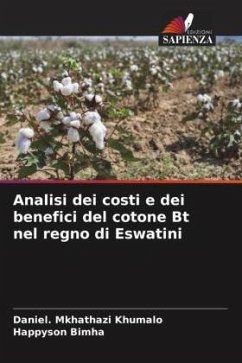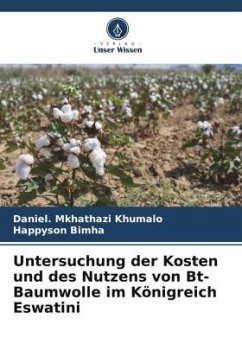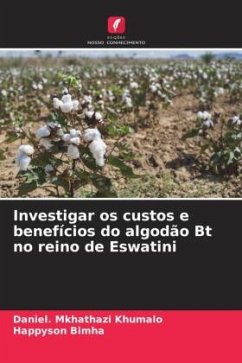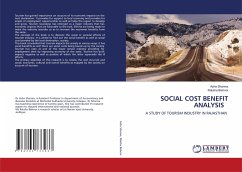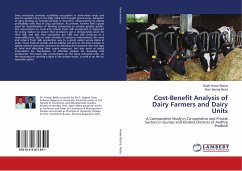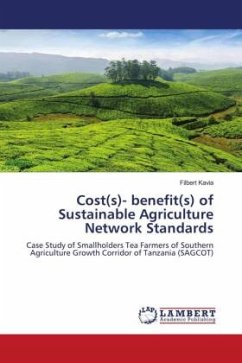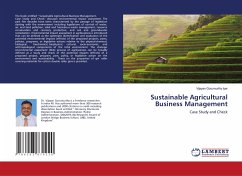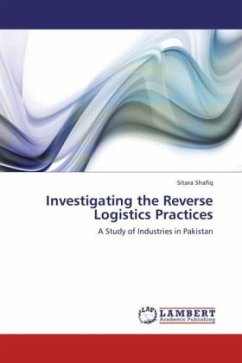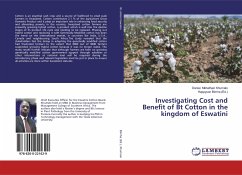
Investigating Cost and Benefit of Bt Cotton in the kingdom of Eswatini
Versandkostenfrei!
Versandfertig in 6-10 Tagen
36,99 €
inkl. MwSt.

PAYBACK Punkte
18 °P sammeln!
Cotton is an essential cash crop and a source of livelihood to small scale farmers in Swaziland. Cotton contributes 2.1 % of the agriculture Gross Domestic Product and it plays an important role in enhancing food security and alleviating poverty in the country. Swaziland cotton farmers are presently growing hybrid cotton, a product which is well into the decline stages of its product life cycle and needing to be replaced. Phasing out hybrid cotton and replacing it with Genetically Modified cotton has been the trend on the international market, in countries like India, U.S.A., Canada and neighb...
Cotton is an essential cash crop and a source of livelihood to small scale farmers in Swaziland. Cotton contributes 2.1 % of the agriculture Gross Domestic Product and it plays an important role in enhancing food security and alleviating poverty in the country. Swaziland cotton farmers are presently growing hybrid cotton, a product which is well into the decline stages of its product life cycle and needing to be replaced. Phasing out hybrid cotton and replacing it with Genetically Modified cotton has been the trend on the international market, in countries like India, U.S.A., Canada and neighbouring South Africa.The study revealed that the stakeholders feel the delays in adopting the genetically modified cotton had frustrated farmers to the extent that 6000 out of 9000 farmers suspended growing hybrid cotton because it was no longer viable. The study results further indicate that although farmers are keen on growing genetically modified cotton government support through subsidiesor other interventions at national level will be required during the introductory phase and relevant legislation must be put in place to ensure all activities are done within Swaziland statutes.



